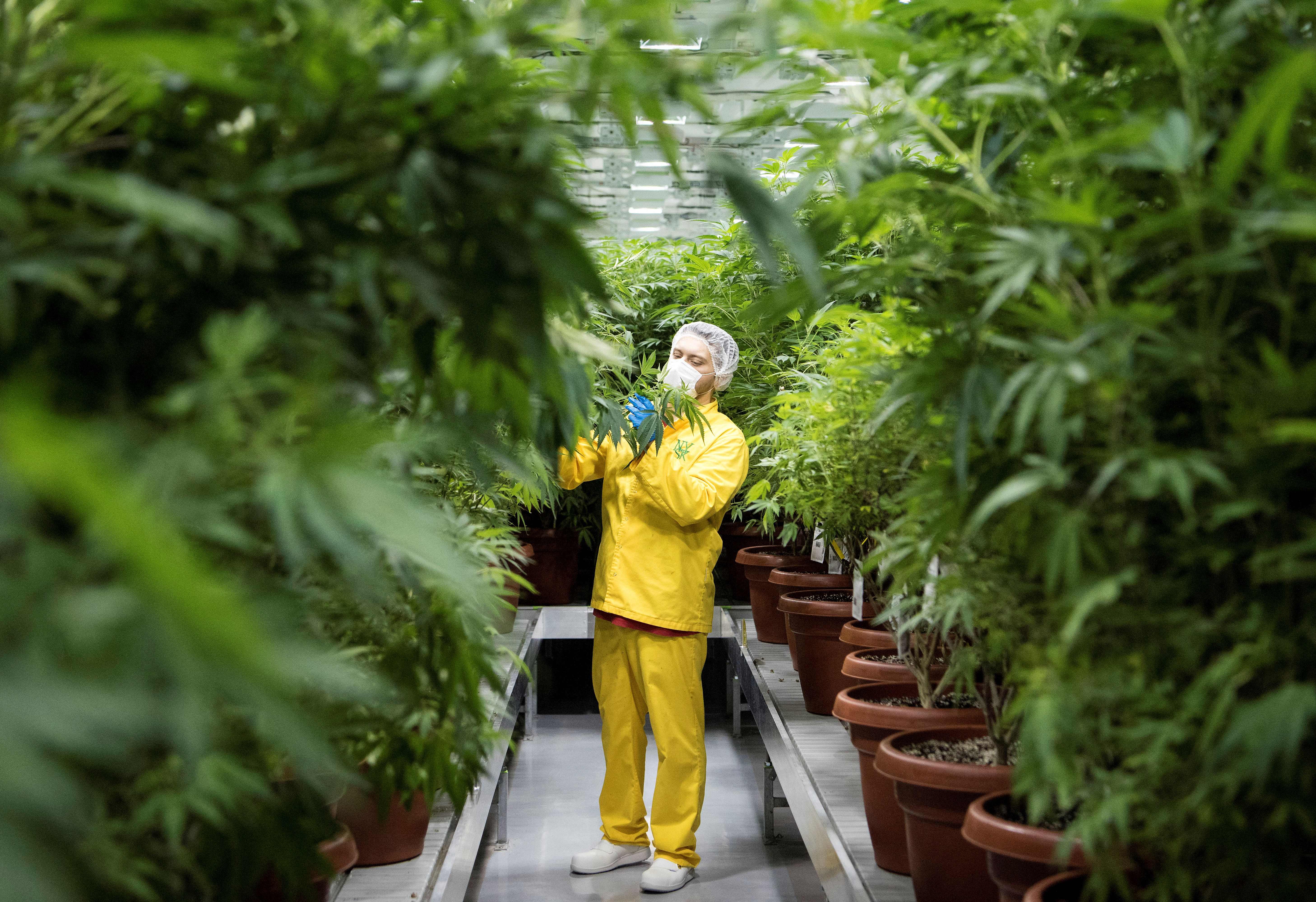We need to talk about cannabis and pain relief
It isn’t the first time that a new wonder drug has hit the market, promising to treat all manner of ills, writes Ian Hamilton


Pain is big business. It is something all of us experience at one time or another, some of us unfortunately to a greater degree and for a longer period.
The latest medicine to enter an already crowded market is the UK’s favourite illicit drug, cannabis. To demonstrate just how much attention and investment is being directed towards the potential cannabis has to treat pain, Pfizer, one of the larger pharmaceutical companies, has invested $6.7bn (£5.5bn) in acquiring a smaller company that has been researching this potential.
It wouldn’t be the first time that a new wonder drug has hit the market, promising to treat all manner of ills – including pain. History is littered with examples of new pills for pain relief and other conditions that were more about marketing ability than impact on suffering.
So it is timely that new research has been published investigating whether cannabis-based products can really treat pain. This is known as a meta-analysis, a method employed by researchers to review all the previous studies on a topic, combine the results and produce a statistical analysis that helps provide an answer to the question at hand.
Having trawled through the literature, pooled the data and analysed the results, the researchers concluded that cannabis-based products offered no advantage over placebo for the treatment of pain. It appears to – yet again – be the case of another triumph of marketing over evidence.
While the ability of marketing to get us to part with our money for their products usually results in nothing more than buyer’s regret, the effects in terms of healthcare are more serious. The idea that cannabis products have potential to treat pain is attractive, as people view these products as organic and natural in addition to being novel in their often protracted search to alleviate discomfort.
This false hope is particularly cruel if – as the evidence suggests – they are no more effective than a sugar pill. At such a vulnerable point in our lives, we rely on science-based medicine that should be communicated clearly and free of bias so we can make an informed decision about treatment.
We can’t blame people for thinking that cannabis products will treat pain, given the information they are exposed to. In addition to slick marketing by the pharmaceutical industry, the media also plays a role. As well as reviewing the evidence, the authors of this research investigated how the studies they reviewed were reported in academic journals and the wider media. Their findings are alarming. Irrespective of study outcomes, media coverage was overwhelmingly positive, even when the results showed no effect for cannabis products as a treatment.
When marketing and media work in tandem in this way, it’s little wonder that people will try these products in the belief they have promise. Some will even continue using cannabis-based products when provided with the evidence that they are ineffective. But for most people seeking a cure for pain, it will add to their misery and further reduce any hope of living a discomfort-free life.
It’s easy to point the finger at marketing. It seeks to profit, regardless of the misery of others, based on biased information. What is less well-known is the role that academia plays as it incentivises skewed reporting of research. There is a well-established view of “publish or perish”, which highlights the paramount importance of publishing research. Marry this with editors of academic journals’ preference for studies reporting positive findings, and it becomes obvious how this can generate a skewed view of the evidence.
To keep up to speed with all the latest opinions and comment, sign up to our free weekly Voices Dispatches newsletter by clicking here
In medicine, we need to know which treatments do not work as well as those that are effective. By publishing research orientated towards success, we miss an important piece of intelligence that reduces our ability to make informed decisions about treatment. The need for balanced reporting of research extends beyond cannabis and pain, to all areas of medicine.
The example of cannabis products and pain point to the need for change in how research is incentivised, reported and communicated. Most of us are not in a position to make sense of primary research, so place our trust in academic journals to be free from bias when publishing the outcomes of medical trials. If this widespread preference of accepting and publishing only research that yields positive outcomes continues, trust will evaporate.
In an era of fake news, this adds to the wider mistrust that many people have of officials, experts and those with power.
Without change, we risk returning to the days of snake oil and hearsay remedies that offer hope but in reality do little to ease pain and suffering. We must ensure that health and medicine aren’t driven by profit at the expense of pain, whether the potential cure is cannabis or not.






Join our commenting forum
Join thought-provoking conversations, follow other Independent readers and see their replies
Comments